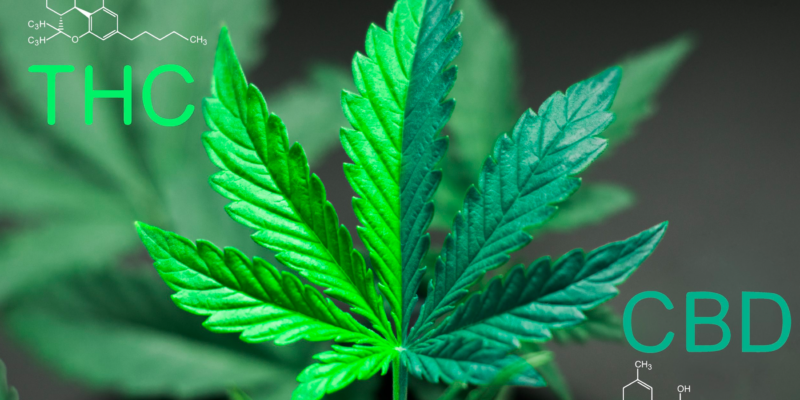In recent years, the medicinal properties of cannabis have gained widespread attention, thanks to the spotlight on two of its key compounds – THC (tetrahydrocannabinol) and CBD (cannabidiol). These cannabinoids, found in varying concentrations in the cannabis plant, have shown promising medical benefits that extend far beyond the traditional recreational use of the plant.
THC, the psychoactive compound responsible for the “high” associated with cannabis, has demonstrated several therapeutic effects. Research suggests that it can help alleviate chronic pain by interacting with the body’s endocannabinoid system, which plays a crucial role in regulating pain. Additionally, THC has shown promise in reducing nausea and stimulating appetite, making it a valuable asset in managing symptoms associated with chemotherapy and certain medical conditions.
On the other hand, CBD, a non-psychoactive compound, has gained attention for its diverse range of potential health benefits. Numerous studies have highlighted its anti-inflammatory and antioxidant properties, making it a candidate for treating conditions such as arthritis and neurodegenerative disorders. Moreover, CBD has been associated with anxiety and stress reduction, providing a natural alternative for individuals struggling with mental health issues.
While the medical potential of THC and CBD is evident, it’s crucial to acknowledge that more research is needed to fully understand their mechanisms and unlock their true therapeutic potential. One major obstacle hindering comprehensive research is the current federal classification of cannabis as a Schedule I substance in the United States, alongside drugs like heroin and LSD. This classification limits researchers’ ability to conduct large-scale clinical trials and impedes the development of standardized medical treatments derived from cannabis.
The rescheduling of cannabis at the federal level could open new doors for scientific exploration and pave the way for a more nuanced understanding of how THC and CBD can be harnessed for medical purposes. By reclassifying cannabis, researchers would gain easier access to funding and resources, facilitating well-designed studies that can provide more conclusive evidence of the benefits and potential risks associated with these cannabinoids.
In conclusion, the medical benefits of THC and CBD are undoubtedly promising, but further research is essential to unlock their full potential. The rescheduling of cannabis at the federal level could be a pivotal step in advancing our understanding and harnessing the healing power of these cannabinoids for the benefit of countless individuals seeking alternative and effective medical treatments.



